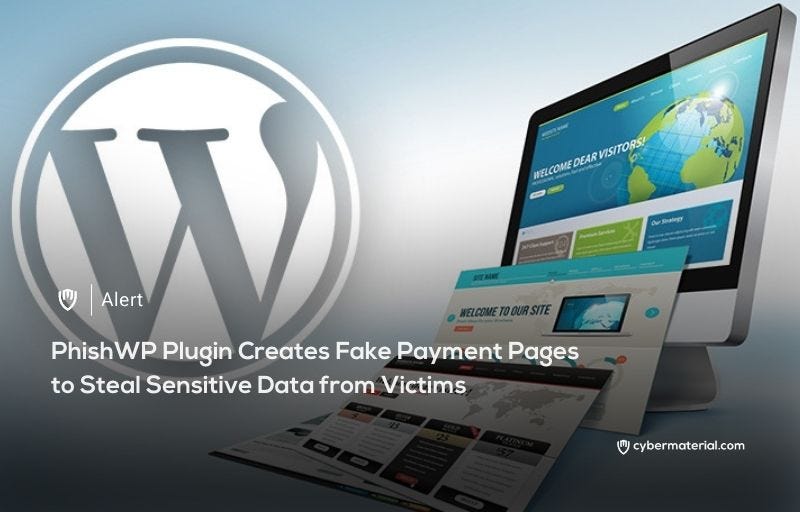
PhishWP is a recently discovered WordPress plugin being exploited by cybercriminals to create fraudulent payment pages that closely resemble legitimate services like Stripe. This malicious plugin was…

PhishWP is a recently discovered WordPress plugin being exploited by cybercriminals to create fraudulent payment pages that closely resemble legitimate services like Stripe. This malicious plugin was…